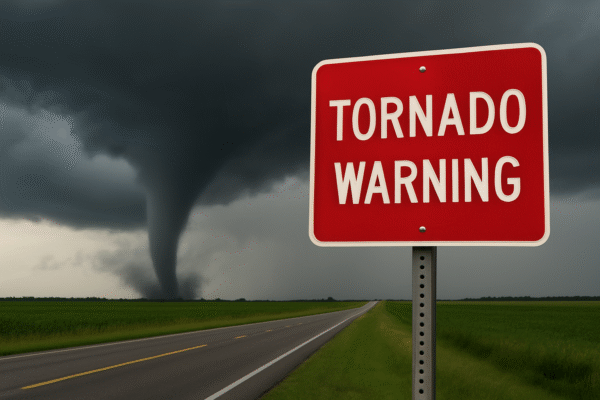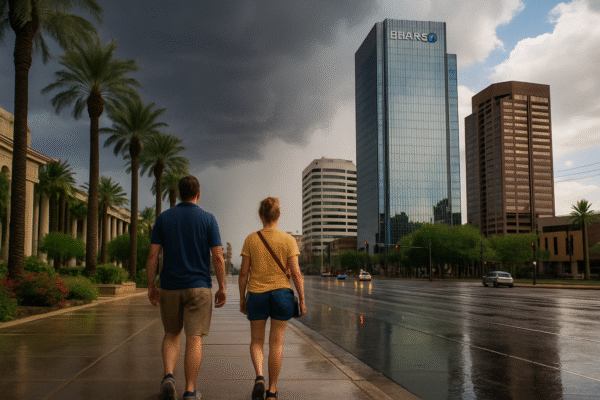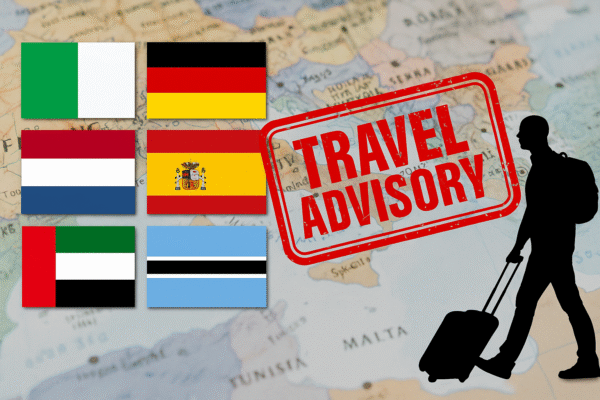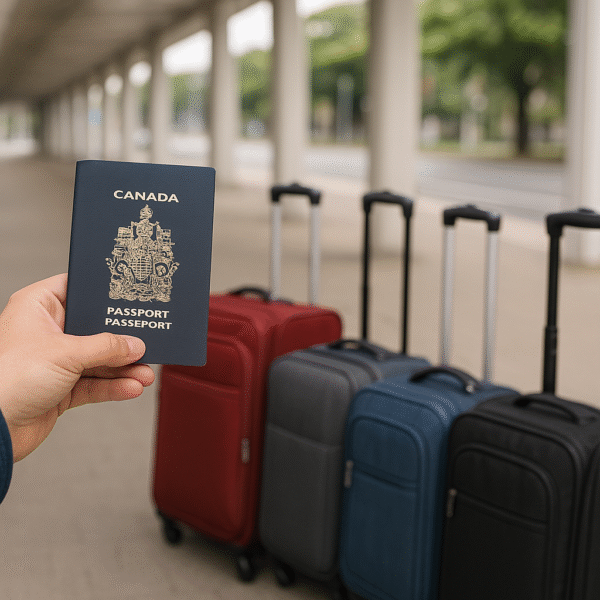As global tourism rebounds strongly in late summer and fall, Canada has issued a new travel advisory highlighting several popular destinations facing heightened security concerns. Countries such as Italy, the Netherlands, the United Arab Emirates (UAE), Germany, Botswana, and Spain have been flagged due to risks ranging from terrorism to petty crime.
The advisory stresses the importance of staying informed and cautious, especially when visiting busy tourist hubs, major transit points, and crowded public spaces. Travelers planning to explore these regions are urged to take proactive safety measures, keeping in mind local conditions and potential threats.
Italy: Balancing Charm and Caution
Italy continues to enchant travelers with its Renaissance art, timeless landmarks, and culinary heritage. Yet, Canadian authorities now urge visitors to exercise extra vigilance.
Terrorism Threats
Italy remains generally safe, but crowded attractions like the Colosseum, Vatican City, and Venice’s Piazza San Marco are considered vulnerable. The risk is tied to potential terrorist activity, particularly in high-traffic tourist zones, airports, and train stations.
Petty Crime
Petty theft has been on the rise. Pickpockets often target tourists on public transport and in outdoor dining spaces. To stay safe, secure belongings in zipped bags, avoid displaying valuables, and remain aware of distractions often used as scams.
Netherlands: Popular, Busy, and Watchful
The Netherlands, with its canals, tulips, and vibrant nightlife, also appears on Canada’s advisory list.
Security Concerns
Amsterdam and Rotterdam, in particular, are seen as potential targets for terrorism. Government sites, airports like Schiphol, and crowded public venues are flagged as sensitive zones.
Petty Theft
Pickpocketing is common in busy trams, buses, and tourist hotspots. Organized groups often operate in areas around Dam Square and central stations. Scams involving fake police officers checking passports or cash have also been reported.
Traveler Tips: Keep cash to a minimum, lock up your belongings, and remain skeptical of strangers offering unsolicited help.
UAE: Regional Tensions and Safety Precautions
The UAE’s luxury shopping, modern skylines, and cultural attractions continue to draw millions. However, ongoing regional tensions have increased security concerns.
Terrorism and Regional Risks
Due to geopolitical involvement, the UAE is seen as a potential target for terrorism, including drone or missile strikes. While rare, such incidents have occurred near urban centers.
Crime Levels
Petty crime is relatively low but not absent. Theft in crowded markets or malls has been reported, and travelers should remain cautious when using public Wi-Fi to avoid cybercrime.
Key Advice: Stay alert to official alerts, avoid large public gatherings, and keep financial transactions secure.
Germany: Cybercrime Joins Physical Threats
Germany, home to world-famous cultural landmarks and bustling cities, faces both traditional and modern threats.
Terrorism Risks
Berlin, Frankfurt, and Munich have been highlighted due to potential terrorist activity. Public transport systems, Christmas markets, and airports remain high-risk zones where vigilance is essential.
Cybercrime Concerns
Travelers are increasingly vulnerable to cyber fraud and identity theft. Criminals exploit unsecured Wi-Fi networks to steal financial or personal data.
Traveler Safety: Update device security, avoid conducting banking on public Wi-Fi, and be wary of suspicious online activity.
Botswana: Nature Meets Safety Awareness
Botswana, celebrated for its safaris and natural beauty, is also flagged in the advisory.
Crime in Urban and Border Areas
While Gaborone experiences petty theft, the greater risk lies in border regions. Vehicle theft, carjackings, and cross-border smuggling activities can endanger visitors.
Travel Recommendations: Avoid isolated roads at night, lock vehicles at all times, and stick to organized safari tours rather than venturing alone.
Spain: Vibrant Yet Cautious
Spain’s sun-soaked beaches, flamenco culture, and bustling plazas attract millions each year. Yet, Spain remains under watch due to both petty theft and terrorism risks.
Security Concerns
Madrid, Barcelona, and Seville are seen as potential terrorism targets, particularly in crowded urban centers and transport hubs.
Petty Theft Hotspots
Barcelona’s Las Ramblas, Madrid’s Plaza Mayor, and coastal tourist areas are known for frequent pickpocketing. Criminals often use distraction techniques to target visitors in public areas.
Safety Measures: Keep passports and valuables in secure places, avoid displaying expensive items, and remain aware in crowded nightlife districts.
What Travelers Should Do
Canada’s advisory does not mean travelers should cancel trips but rather emphasizes preparedness and awareness. With millions continuing to explore these destinations, simple precautions can make journeys safer:
- Stay updated with local news and government advisories.
- Avoid unnecessary exposure in high-risk areas.
- Secure valuables and documents at all times.
- Be cautious online and avoid unsecured digital transactions.
- Follow instructions from local authorities during emergencies.
Conclusion
The new Canadian travel advisory for late summer and fall highlights the evolving nature of global travel risks. From Europe’s bustling capitals to Africa’s safari gateways and the Middle East’s urban marvels, travelers are reminded that vigilance is as essential as a passport.
By staying informed, practicing situational awareness, and respecting local security guidance, tourists can continue to enjoy the rich cultural, natural, and historical experiences these countries offer while minimizing risks.
Safe travel begins with preparation, and with the right precautions, exploring Italy, the Netherlands, UAE, Germany, Botswana, and Spain can still be both rewarding and secure.
For more travel news like this, keep reading Global Travel Wire


















